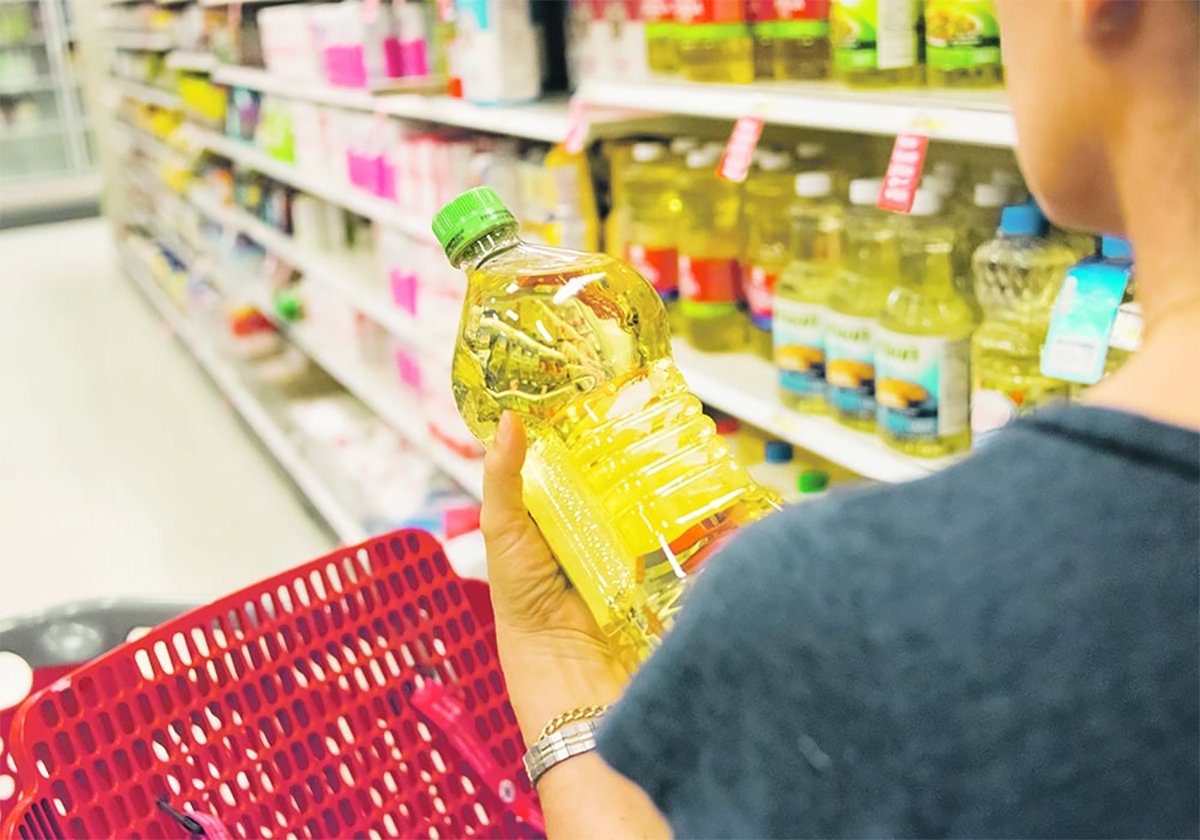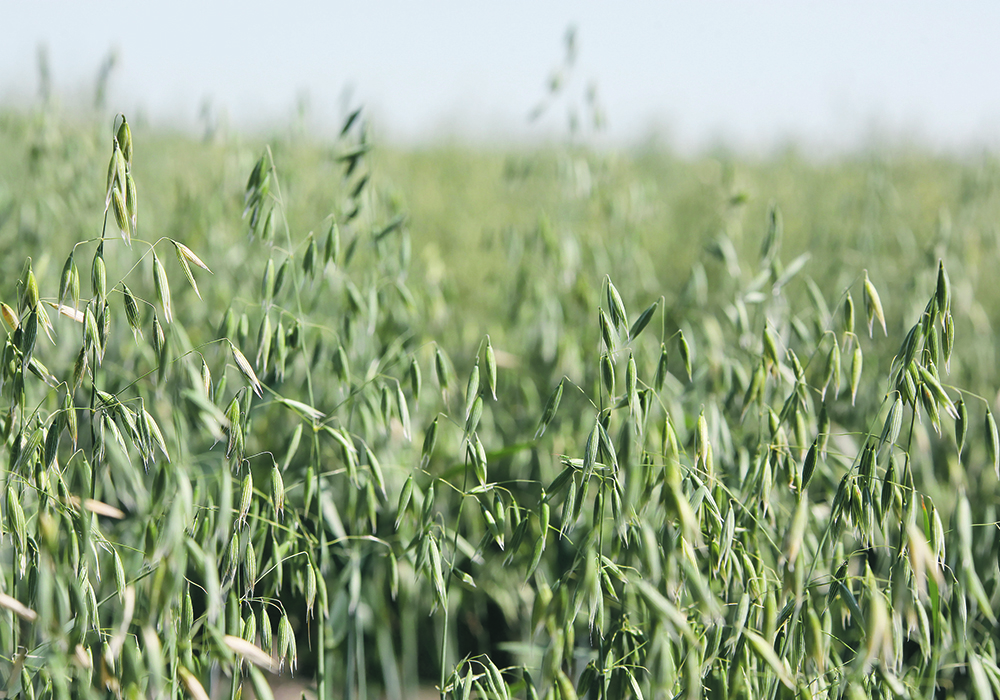Purely Canada Foods writes letter to about 30 farmers in northeastern Sask. dissolving contracts it had signed with them
A food ingredient company in Regina is walking away from gluten-free oat contracts it signed with about 30 farmers in northeastern Saskatchewan in 2022.
The numbers are estimates, but it’s possible that the affected producers could lose $4 to 5 per bushel in the value of their oats with the production contracts voided.
Purely Canada Foods, a division of Above Food, sent a letter to affected producers March 1. The Western Producer obtained a copy of the letter.
It states that Purely Canada Foods is using “force majeure” to dissolve the contracts because the processor it had a contract with is unable to take the oats.
Read Also

Vegetable oil stocks are expected to tighten this year
Global vegetable oil stocks are forecast to tighten in the 2025-26 crop year, this should bode well for canola demand.
“There were 21,000 tonnes of certified Gluten-Free oat conversion capacity… contracted for Gluten-Free processing,” the letter stated. “Unfortunately, the contractor experienced Gluten-Free and food safety certification delays, a substantial equipment failure… as well as substantial delays caused by start-up & commission issues.”
Purely Canada Foods could not find another processor to take the oats.
“These failures were beyond the Buyer’s (Purely Canada’s) control,” the letter said. “Despite all efforts in finding a certified Gluten-Free oat conversion processor… there is no immediate solution.”
As a result, the company sent a letter to the affected farmers in early March.
“The Buyer gives you immediate notice that the Gluten-Free Supply Contract is void in respect to the purchase of the oats and storage of the same,” it says. “Please consider that the Force Majeure clause applies for the purposes of the Contract of the Buyer and conversely the Seller, and you as Seller, will be released from obligations under the Contract.”
One farmer who had a contract with Purely Canada Foods said he was not ready to speak publicly because he first wanted to consult a lawyer.
One Saskatchewan farmer produced about 400,000 bushels of gluten-free oats for Purely Canada Foods.
Oat prices have dropped dramatically in the last 12 months, going from more than $8 per bushel last spring to around $4 this winter.
If the gluten-free contract was for $8.50 per bu. and assuming the oats can now be sold for $4-4.50 per bu., the grower with 400,000 bushels may lose $1.6 –$1.8 million because of the voided contract.
In total, farmer contracts with Purely Canada may represent 30,000 acres of gluten-free oat production from 2022.
The Western Producer contacted Tyler West, the chief executive officer of Purely Canada Foods, but he suggested sending an email to the company.
But as of press time, nobody at the company had responded.
Purely Canada Foods became part of Above Food in 2020.
Above Food describes itself as a vertically integrated, plant-based food company.
It buys ingredients from farmers and markets several branded foods, such as Culchered, a line of plant-based cheeses, and Eat Up, which includes gluten-free flour and gluten-free cookie mixes.
Last summer, Above Food announced it had opened an oat collection facility in Carrot River, Sask., adding one million bushels of gluten-free oats capacity.
A news release at that time said Above Food was also producing oat flour at its Ingredient Centre in Saskatoon.
















